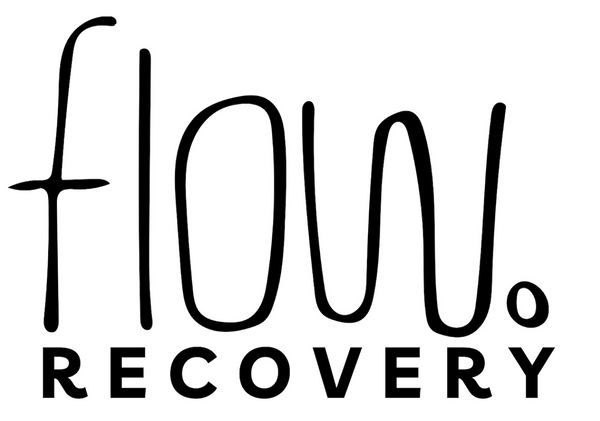It's a good question and the short answer is yes. Ice baths have been used by people seeking improved recovery for years and if you're keen to know why, this article will break down the key points when considering the effectiveness of ice baths for improved recovery.
At a high level, the idea is that deliberate cold water exposure can help to reduce inflammation, alleviate symptoms of muscle soreness and accelerate recovery after intense physical activity.
Reduced inflammation: Whether it's an acute injury or intense exercise which has caused localised swelling or general inflammation, cold exposure constricts our blood vessels, reducing blood flow and in turn reducing the body's inflammatory response.
Reduced Muscle Soreness: Intense exercise can lead to muscle damage and inflammation. Some studies suggest that cold water immersion may help reduce muscle soreness and perceived fatigue. This is linked to the constriction of blood vessels (as above) and also due to cold water inhibiting pain signalling pathways.
Improved Performance: Immediate post-exercise recovery can be make or break for athletes. Ice baths may help by potentially accelerating the clearance of waste products (e.g. lactate) from the muscles. Ice baths help with immediate post-exercise recovery and as such, can support people to achieve increased, consistent and high intensity training loads, which in turn supports improved performance if balanced with other factors such as quality training and nutrition. In other words, take time to look after your body and it will perform better for you.
Improved Circulation: Using an ice bath as part of contrast therapy (alternating between hot and cold water) can also be an effective way to reduce muscle soreness and enhance recovery. The change between hot and cold stimulates circulation by constricting and dilating our blood vessels.
If you're keen to try it out, check out our portable ice bath.



